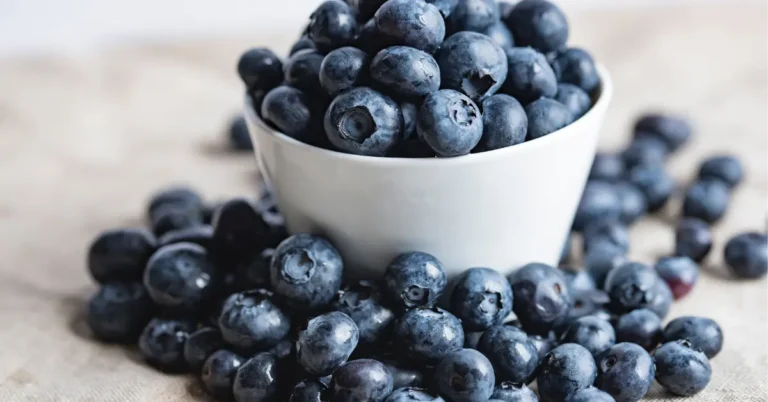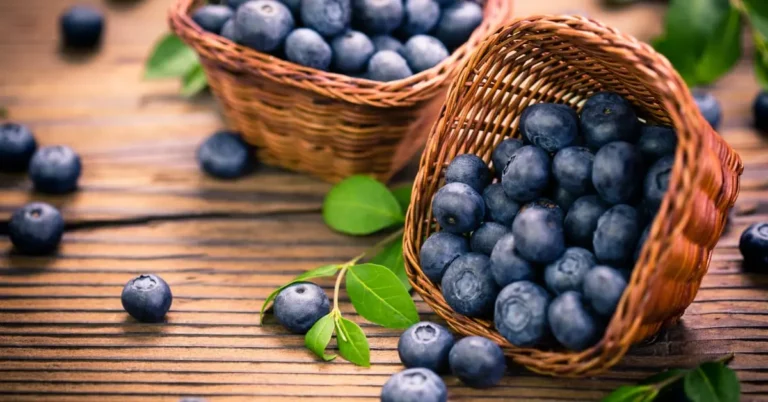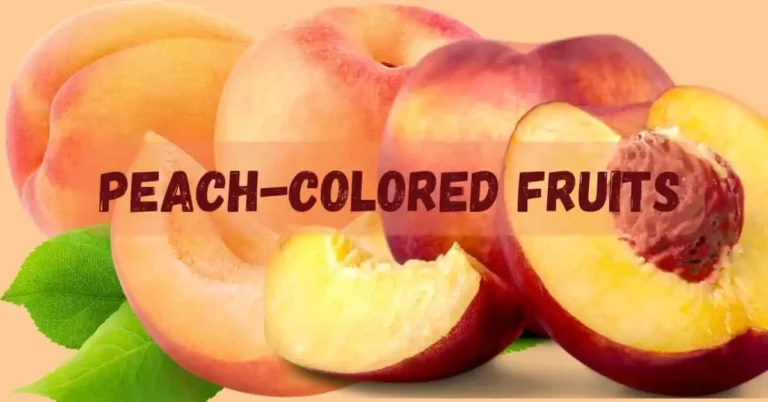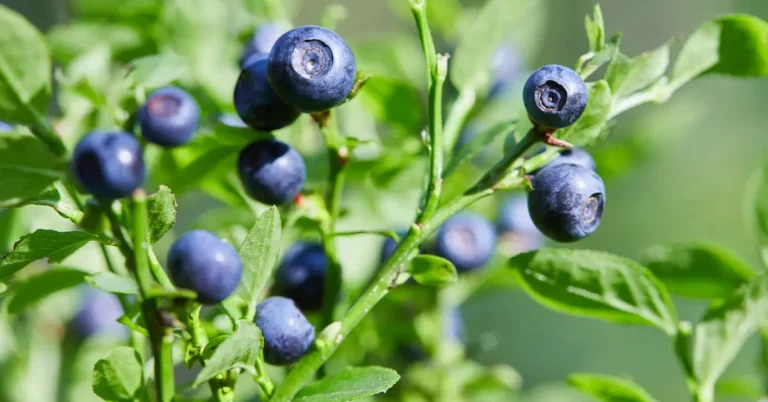Top 14 Low-Calorie Fruits for Weight Loss
Are you craving something sweet? These 14 low-calorie fruits will fulfill your cravings. It will help you stay healthy. These alternatives allow you to manipulate your dreams and enjoy a lifestyle that fits you.
Understanding salads’ calorie content and ingesting them frequently is essential for body transformation. Losing weight is all about calorie deficits. Low-calorie fruits in your diet will help you maintain a healthy weight.

How do fruits help in weight loss?
Intake of fruits and vegetables is essential to a healthy weight-loss plan and can reduce energy intake. Eating several fruits each day helps with weight loss. Taking two to four servings of this dietary supplement might provide you with vitamins without extra fatigue. By enjoying fruits in moderation as part of a balanced diet, you will receive their benefits without compromising your weight loss goals.
Best 14 Low-Calorie Fruit:
Are you looking for a way to eat more fruits that are low in calories? The following 14 fruits are minimal in calories.
1. Strawberries
| Calories Per Cup | Calories Per 100 g |
|---|---|
| 53 Calories | 32 Calories |
Strawberry uncooked contains 91% water, eight carbohydrates, 1% protein, and negligible fats. A rich source of vitamin C, a fantastic supply of manganese, and several other nutrients and minerals are also observed in small quantities.

2. Watermelon
| Calories Per Cup | Calories Per 100 g |
|---|---|
| 46 Calories | 30 Calories |
Watermelon is fresh, nutritious, and juicy. Rich in vitamins A and C, this low-calorie fruit promotes healthy muscle and skin tissue and boosts immune defense.
Water is ninety percent , with small quantities of protein, fats, minerals, and vitamins. It contains traces of citrulline, an amino acid connected to cardiovascular fitness and exercise benefits.
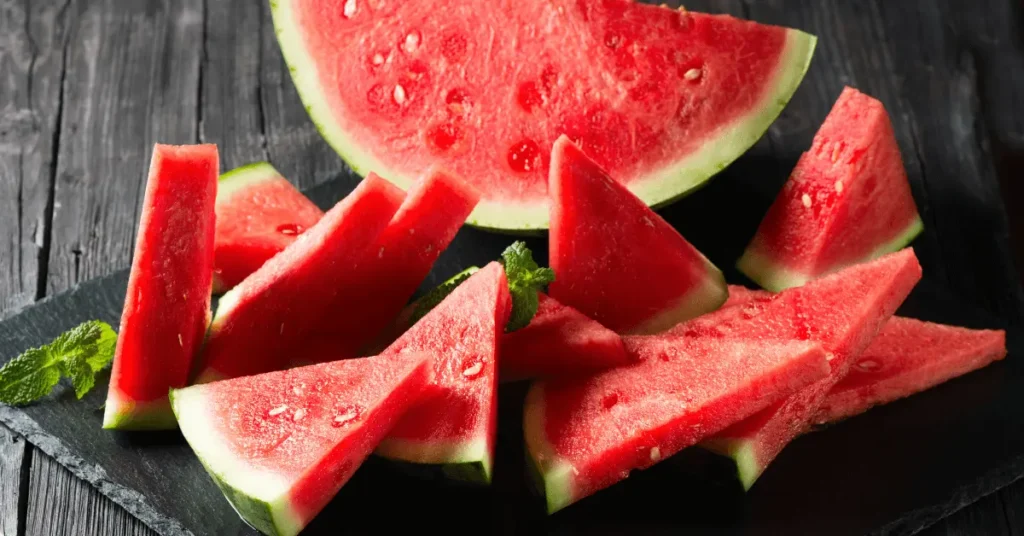
3. Blueberries
| Calories Per Cup | Calories Per 100 g |
|---|---|
| 84 Calories | 57 Calories |
Blueberries support weight loss because of excessive fiber levels. The considerable fiber content contributes to feelings of fullness, controlling appetite, and promoting a healthful, balanced diet conducive to weight management.
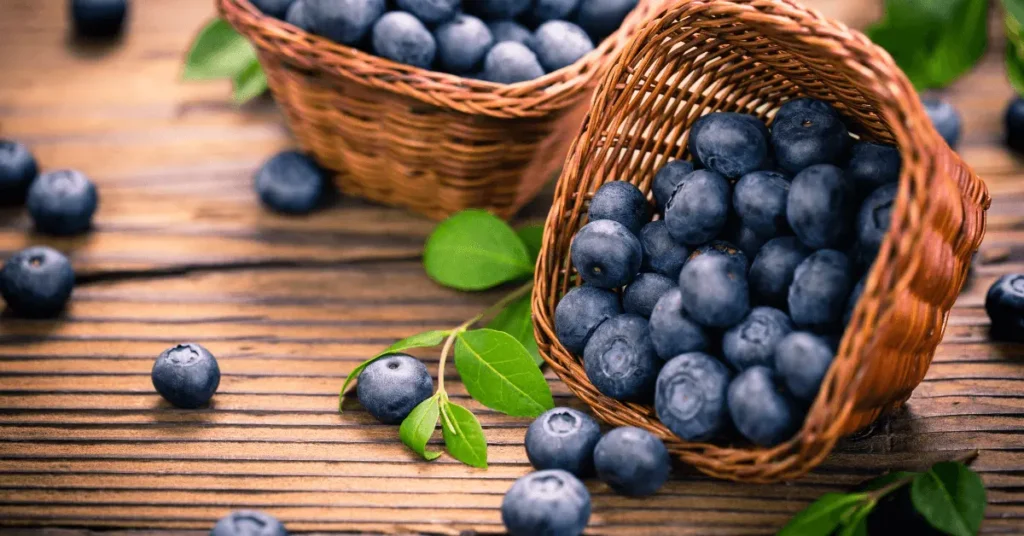
4. Cantaloupe
| Calories Per Cup | Calories Per 100 g |
|---|---|
| 54 Calories | 34 Calories |
Cantaloupe contributes to weight loss with its low-calorie and high-water content. About 90% of this refreshing fruit is water. With this approach, you could consume cantaloupe while retaining your calorie intake for the test.
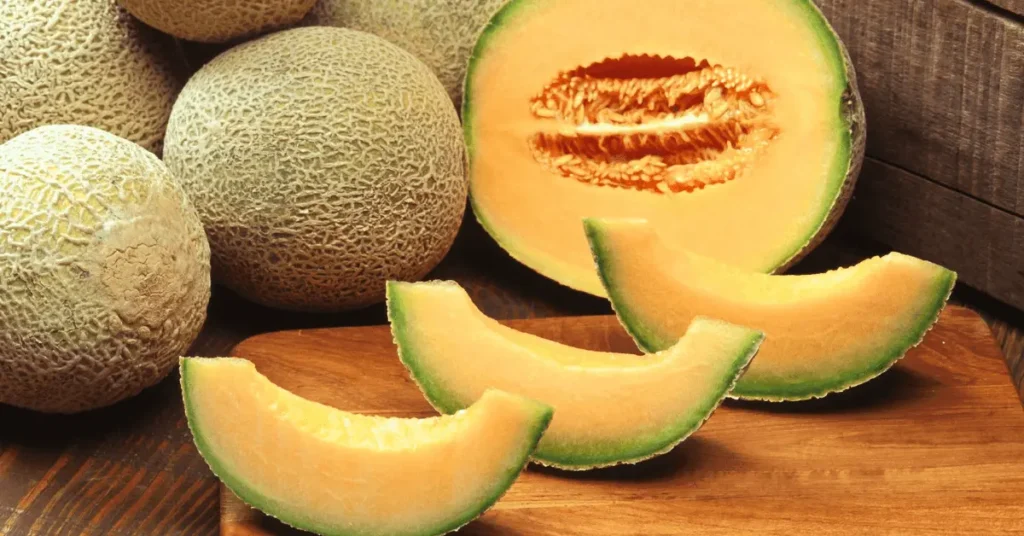
5. Raspberries
| Calories Per Cup | Calories Per 100 g |
|---|---|
| 64 Calories | 52 Calories |
Raspberries are a nutritious source of vitamin C, manganese, and dietary fiber but have a low micronutrient content. Raspberries are a low-glycemic index meal with complete sugar content and no starch.
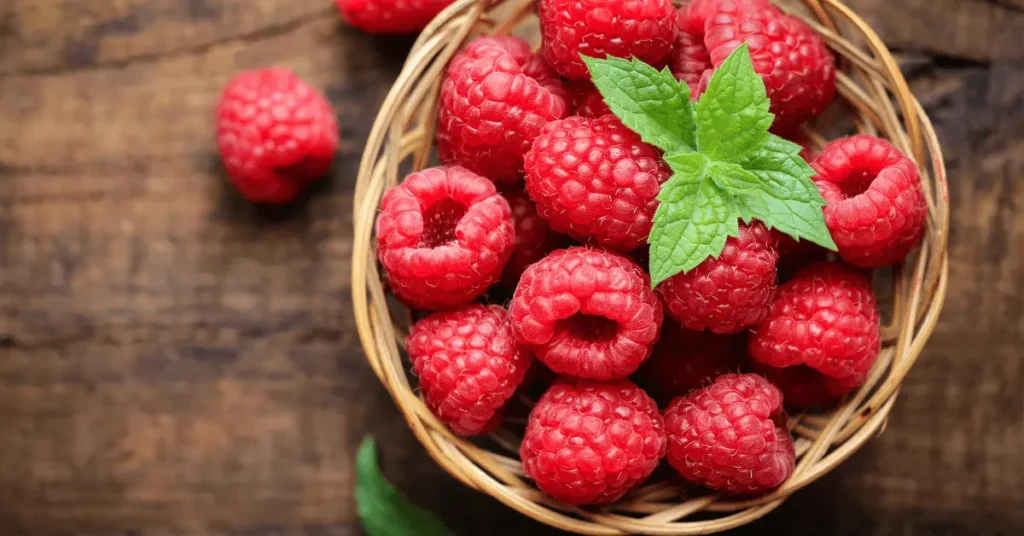
6. Grapefruits
| Calories Per Cup | Calories Per 100 g |
|---|---|
| 74 Calories | 32 Calories |
Grapefruits facilitate weight reduction through specific enzymes, including AMP-activated protein kinase (AMPK), complementing fat metabolism and calorie burn. Nootkatone, a compound in grapefruits, complements metabolism and improves insulin sensitivity.
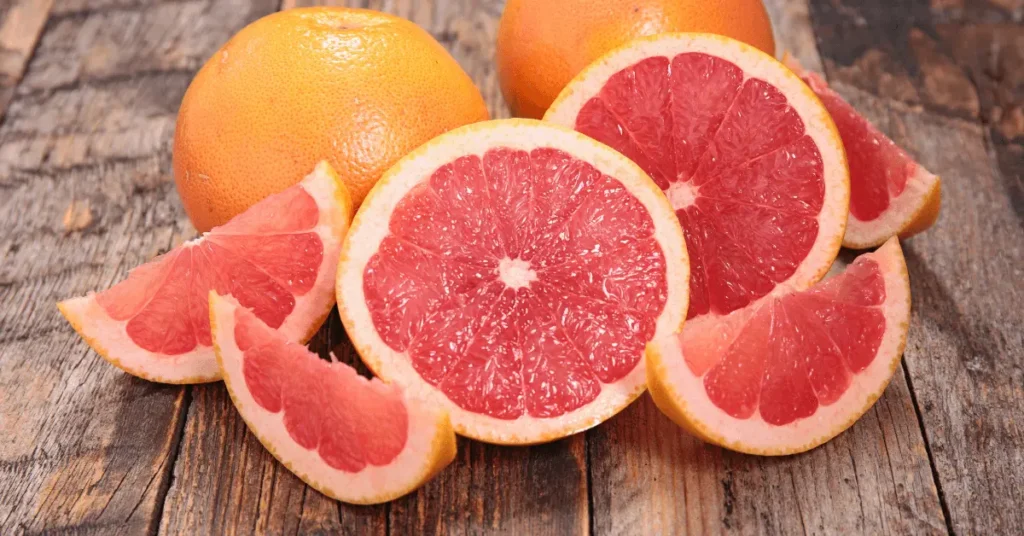
7. Papaya
| Calories Per Cup | Calories Per 100 g |
|---|---|
| 59 Calories | 43 Calories |
Papaya aids in weight loss through papain, a natural digestive enzyme that facilitates protein breakdown, facilitating efficient digestion and nutrient absorption. This enzyme enables a healthy digestive system, decreasing bloating and assisting an extra-efficient metabolism. With its low-calorie content, papaya offers a satisfying and nutritious alternative to weight loss plans.
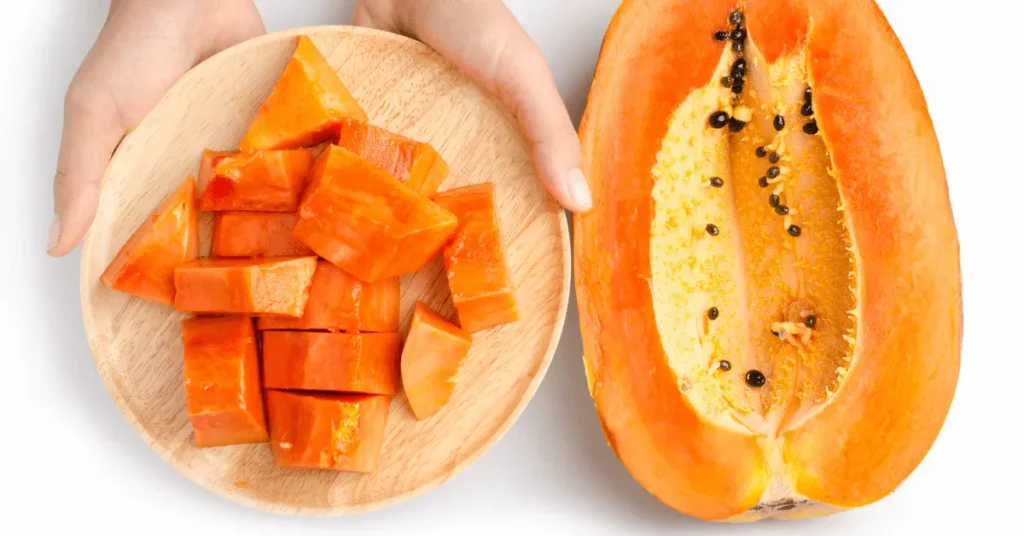
8. Oranges
| Calories Per Cup | Calories Per 100 g |
|---|---|
| 85 Calories | 47 Calories |
Oranges contribute to weight reduction with their low-calorie composition and fiber content, which imparts a sense of fullness and lowers calorie consumption. Additionally, citrus fruit has enzymes like bromelain and papain, which improve digestion and beautify metabolic techniques, supporting weight control.
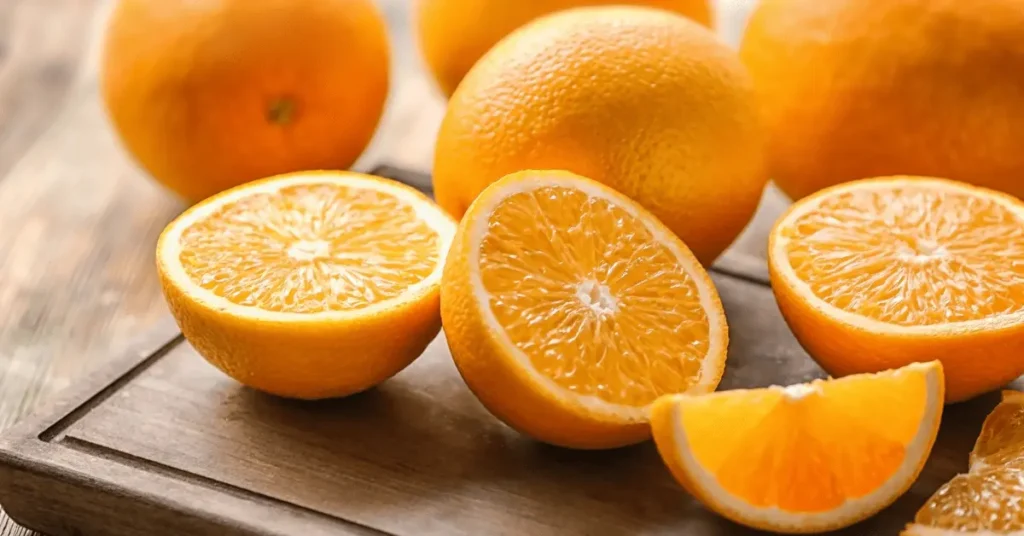
9. Peaches
| Calories Per Cup | Calories Per 100 g |
|---|---|
| 60 Calories | 39 Calories |
Peaches, low in calories and high in dietary fiber, help you lose weight. Furthermore, peaches provide enzymes like bromelain and papain, assisting digestion and possibly supporting weight management by improving nutrient absorption and breaking down proteins properly.
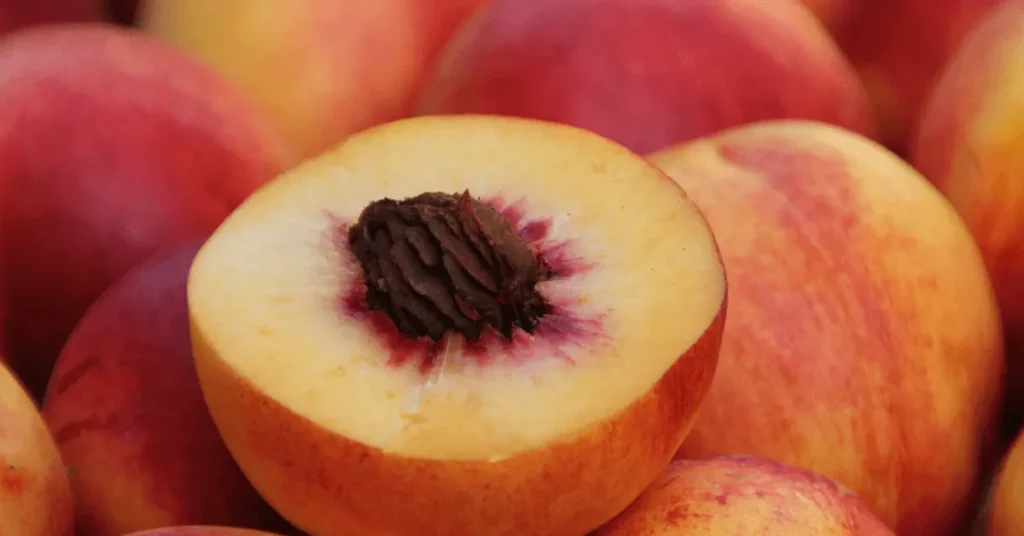
10. Honeydew Melon
| Calories Per Cup | Calories Per 100 g |
|---|---|
| 64 Calories | 36 Calories |
Honeydew melon, a hydrating pleasure, satisfies sweet cravings and contributes to ordinary fitness. With fifty-four calories per cup, it’s a low-calorie choice for conscious consumers. What sets it apart is the presence of digestive enzymes like amylases. These enzymes help break down carbohydrates and facilitate less complicated digestion and nutrient absorption.
11. Lemons
| Calories Per Cup | Calories Per 100 g |
|---|---|
| 39 Calories | 29 Calories |
Lemons, a zesty and coffee-calorie fruit, offer refreshing health benefits beyond their tangy flavor. With their minimal calorie content, lemons contribute to weight management and hydration. Moreover, lemons are rich in natural enzymes, such as citric acid, which promote the body’s biological detoxification system.
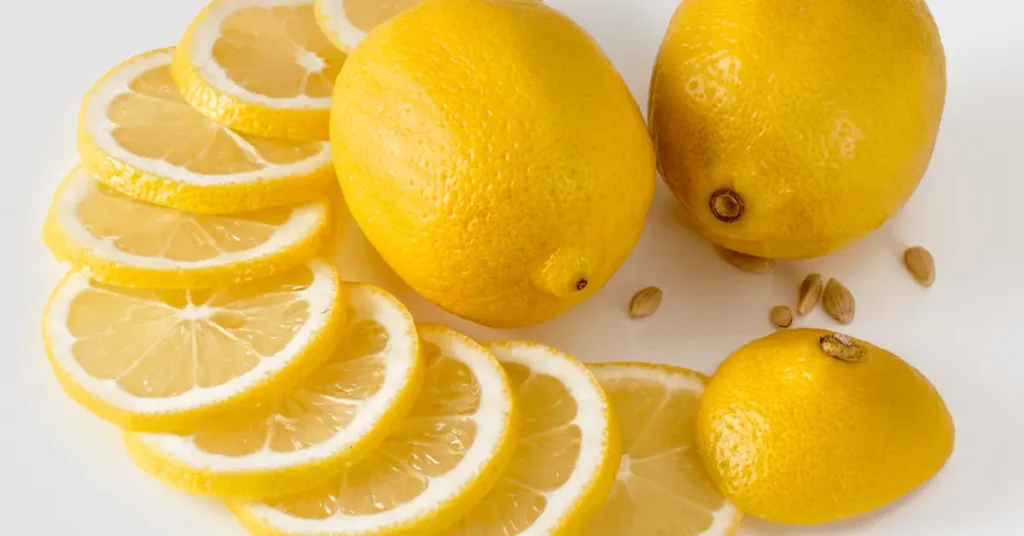
12. Kiwi
| Calories Per Cup | Calories Per 100 g |
|---|---|
| 49 Calories | 61 Calories |
Packed with over 2 grams of fiber compared to small fruit, including the fit-for-human consumption peel, kiwi promotes digestive wellness and provides a satisfying crunch. It is particularly rich in vitamins C and K, has a moderate vitamin E & nutrient content, and does not use different micronutrients in a significant amount. Gold kiwifruit has dietary benefits similar to green kiwifruit but contains more vitamin C and less vitamin K.
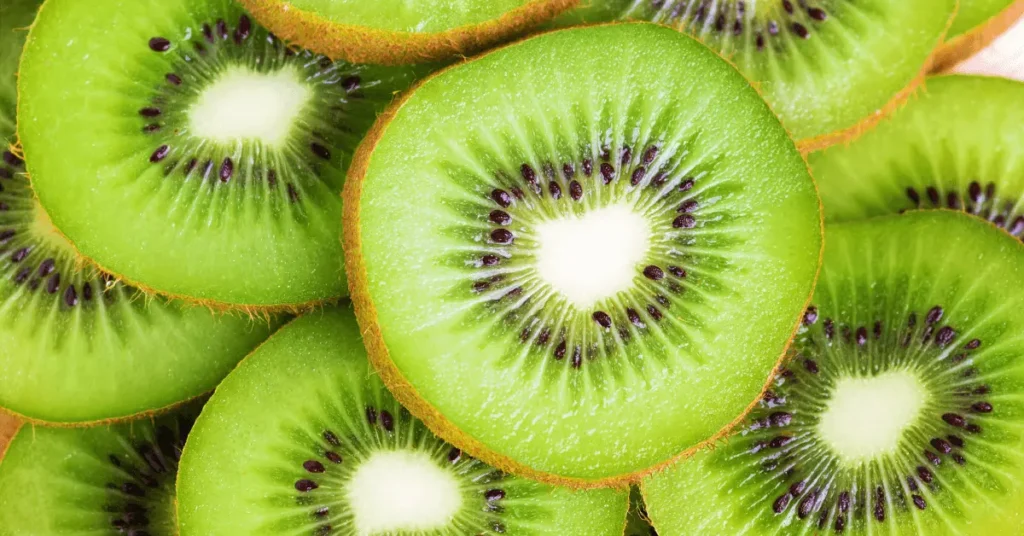
13. Cranberries
| Calories Per Cup | Calories Per 100 g |
|---|---|
| 46 Calories | 46 Calories |
Additionally, cranberries offer many health advantages despite their low caloric content. Their natural compounds, including proanthocyanidins, improve urinary tract health. Cranberries are also rich in enzymes such as polyphenol oxidase, contributing to their antioxidant properties.

14. Apple
| Calories Per Cup | Calories Per 100 g |
|---|---|
| 65 Calories | 52 Calories |
Apart from being low in energy, they are also very beneficial in many other ways. Since they’re rich in soluble fiber, especially pectin, they are a natural appetite suppressant and promote weight reduction and digestive health. Apple digestive enzymes, such as amylase and invertase, help sugar decomposition and complement digestion in preference.
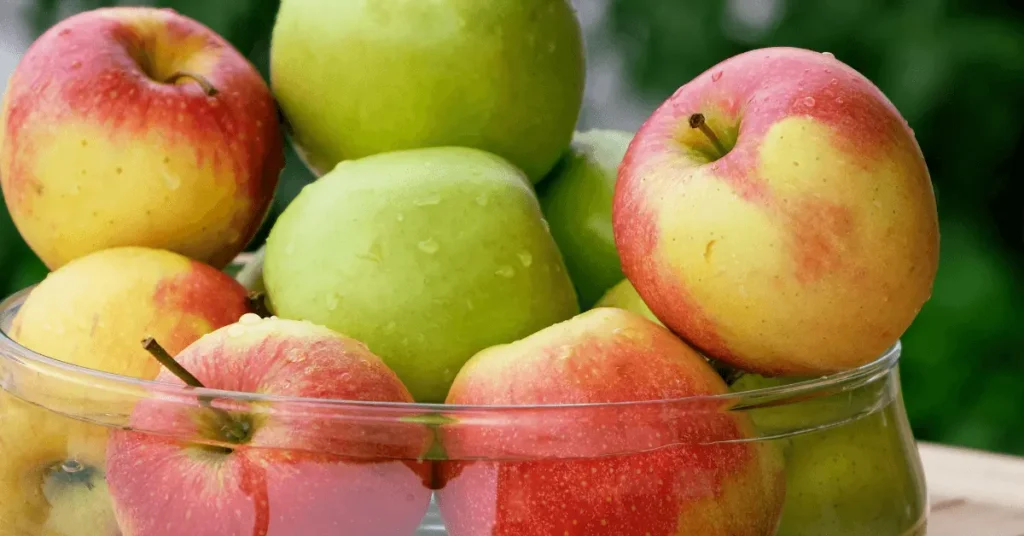
Conclusion:
Low-calorie fruits are a great way to maintain a healthy weight. Fruits and low-sugar vegetables are wholesome meals that curb sweet cravings and promote weight loss and normal health. You can add many mouth-watering and nutritious fruits to your weight loss diet, including berries, melons, and citrus. Enjoy the flavors and vitamins of low-calorie food daily.

